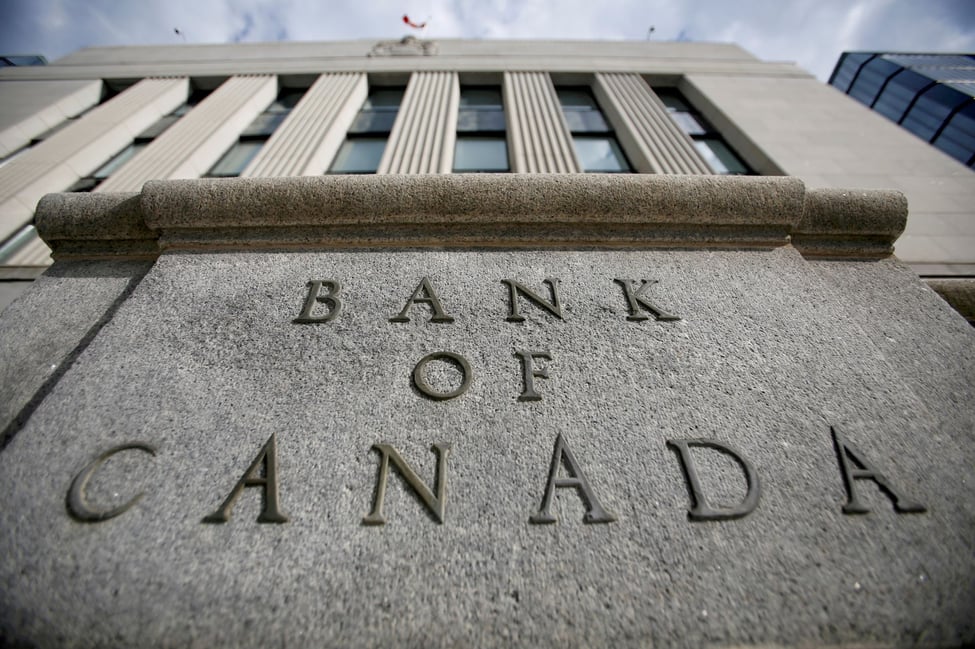The Bank of Canada has issued a cautionary note for homeowners anticipating mortgage renewals, highlighting a significant spike in monthly payments. According to the central bank's report, those with variable rate mortgages could face a daunting increase, with the median monthly payment expected to surge by over 60 percent.
Despite the aggressive rise in interest rates initiated by the central bank since March 2022, mortgage defaults have remained relatively low, hovering below 0.5 percent nationwide. However, the Bank of Canada underscores the rising concern regarding households and businesses' ability to manage their debt, identifying it as a principal risk to the country's financial stability.
While approximately half of Canada's outstanding mortgages have already renewed at higher rates, the report indicates that current stress among mortgage holders remains steady. Factors such as income growth, accumulated savings, and reduced spending have helped cushion the impact of higher interest rates thus far. Nonetheless, the situation could swiftly change if unemployment rates escalate, rendering homeowners vulnerable to economic downturns.
Moreover, the report reveals a growing financial strain among renters, who are increasingly resorting to credit and missing payments on car loans and credit cards. This trend signals broader financial stress within the population, raising concerns about overall economic resilience.
While the report maintains a relatively optimistic outlook compared to the previous year, citing improved financial market conditions, it highlights several areas of vulnerability within the financial system. Canadian hedge funds and pension funds, for instance, have significantly increased leverage, heightening their susceptibility to sudden shifts in bond prices.
Additionally, risks associated with commercial real estate, particularly in office markets, have intensified, with rising vacancy rates observed in major cities like Toronto. Small to medium-sized banks are particularly exposed to the commercial real estate sector, with loans to real estate developers and commercial mortgages accounting for a significant portion of their loan portfolios.
Although the central bank's policy rate remains at a two-decade high of 5 percent, there are expectations of rate cuts in the near future, albeit not to pre-pandemic levels. This implies that homeowners facing mortgage renewals will continue to experience substantial increases in monthly payments, particularly those with variable rate mortgages or fixed-rate mortgages with fixed monthly payments.
The report underscores the importance of prudent financial management amid evolving market conditions. While commercial banks are deemed resilient to potential losses, smaller lenders face greater challenges due to their exposure to higher-risk clients and shorter-term mortgages.
While the Bank of Canada acknowledges the overall resilience of the financial system, it urges vigilance and proactive risk management to navigate the uncertainties ahead. As homeowners brace for impending mortgage renewals, careful financial planning and awareness of market dynamics are essential to mitigate potential risks and ensure long-term financial stability.

